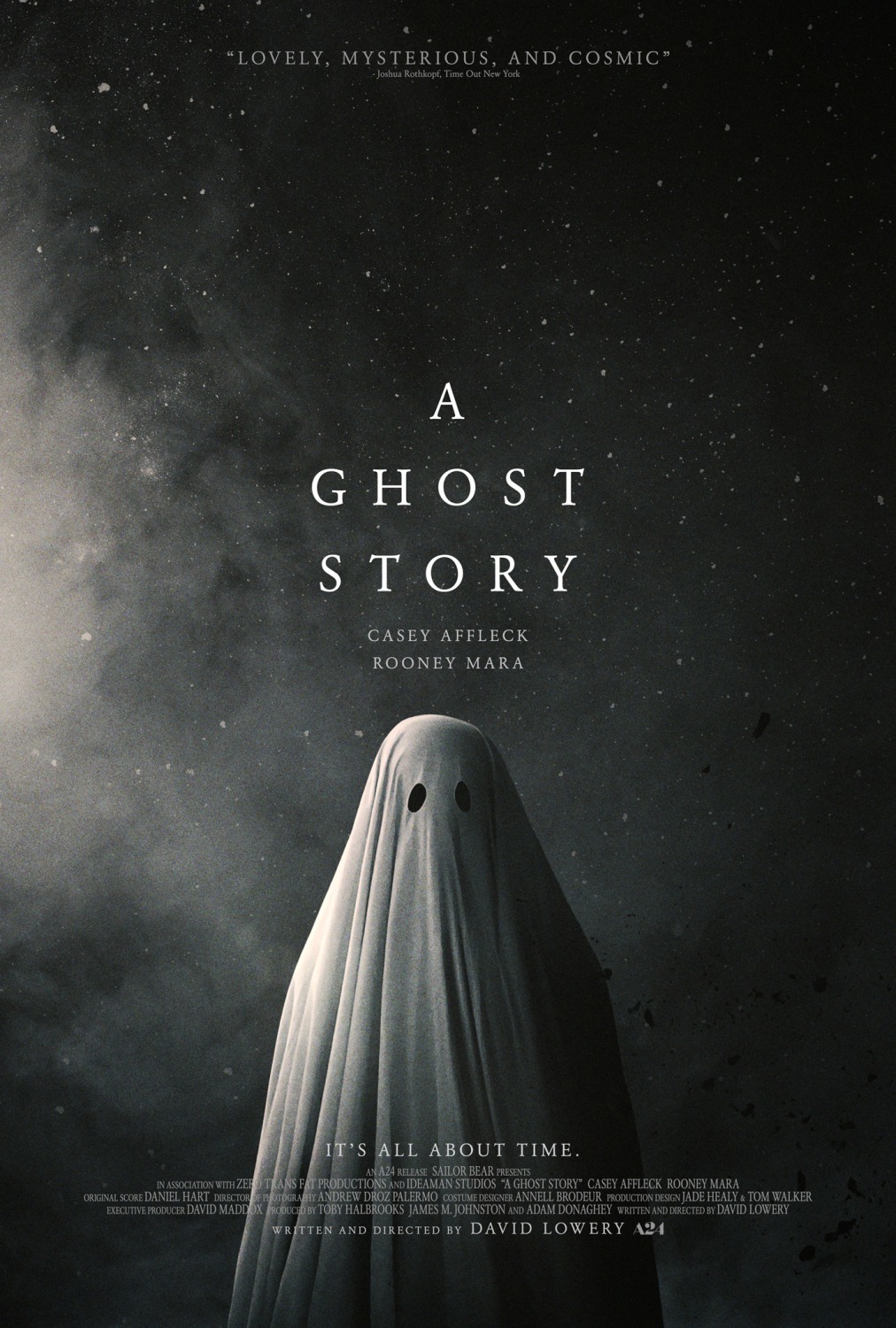David Bowie leaves behind a long and remarkable legacy, and his grand finale comes as an ambitious album that strays far from his original pop sensibilities.
“Blackstar,” Bowie’s 25th and final studio album, was released on Jan. 8, 2016, the rock star’s 69th birthday.
He died two days later.
The album was produced by Toni Vesconti, who worked with Bowie on his 2013 release The Next Day, a return after a 10-year studio silence. The album also includes work done by jazz saxophonist Donny McCaslin and his ensemble.
“Blackstar” is a departure from the pop sounds of “Heroes” and “Hunky Dory,” as well as the rock-and-roll that propelled Bowie to stardom in “Ziggy Stardust” and “Aladdin Sane.” Not surprising, considering the 30-year separation. However, the album sounds shockingly different compared to The Next Day, which was produced less than two years ago and seemed to nod toward Bowie’s roots, easily classifying as rock.

But “Blackstar” cannot be so easily classified. Where “The Next Day” seems to be looking back, “Blackstar” looks forward.
The album takes inspiration from artists like the electronic music-duo Boards of Canada and the experimental hip-hop trio Death Grips.
Bowie also found inspiration from a young rapper out of Compton.
“We were listening to a lot of Kendrick Lamar,” Visconti told Rolling Stone. “We wound up with nothing like that, but we loved the fact that Kendrick was so open-minded and he didn’t do a straight-up hip-hop record. He threw everything on there, and that’s exactly what we wanted to do. The goal, in many, many ways, was to avoid rock & roll.”
The late singer, by no means, created an album that’s easily accessible. There is not a single radio-friendly hit to be found. Instead, this album stands as his literal swan song — a piece of art that David Bowie crafted knowing that he would lose his 18-month battle with cancer.
Yet, this knowledge seems to only enhance the work. Bowie takes his fans by the hand and investigates death with them. It is probably the closest any artist has come to touching finality.
The concept of death is tied to this album in a way that makes the two inseparable. The work would not exist, nor would the songs carry meaning, without Bowie’s battle.
In the song “Lazarus,” Bowie opens with “Look up here, I’m in heaven/ I’ve got scars that can’t be seen/… Look up here, man, I’m in danger/ I’ve got nothing left to lose.”
After his death, the lyrics have conveyed an even deeper meaning to his fans.
Much of the record wraps the listener in tight, as dark tendrils of saxophone and jazz instrumentation wail out complicated solos.
Bowie’s voice is altered with ADT, or automatic double-tracking, and uses ripples and echoes to give it a ghostly, ethereal quality. This only adds to the singer’s aged voice.
In the final track, on his final album, Bowie repeats the line – “I can’t give everything away.”
There is so much truth in those words.
Information from the Rolling Stone was used in this report.


